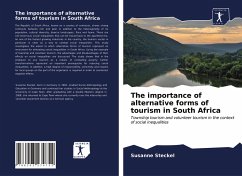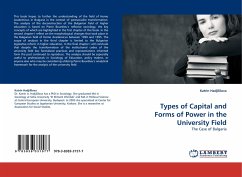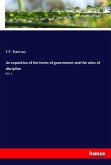The Republic of South Africa, known as a country of contrasts, shows strong contrasts between rich and poor in addition to the heterogeneity of its population, cultural diversity, diverse landscapes, flora and fauna. There are still enormous social inequalities that can be traced back to the apartheid era. As one of the fastest growing industries in the country, the tourism sector in particular is seen as a way to combat social inequalities. This study investigates the extent to which alternative forms of tourism represent an instrument for alleviating social inequalities in South Africa. Using the example of township and volunteer tourism, the advantages and disadvantages of their effects on social inequalities are discussed. The study shows that in the endeavor to use tourism as a means of combating poverty, further transformations represent an important prerequisite for reducing social inequalities; In addition, a high degree of responsibility, sensitivity and respect for local groups on the part of the organizers is required in order to counteract negative effects.
Bitte wählen Sie Ihr Anliegen aus.
Rechnungen
Retourenschein anfordern
Bestellstatus
Storno








